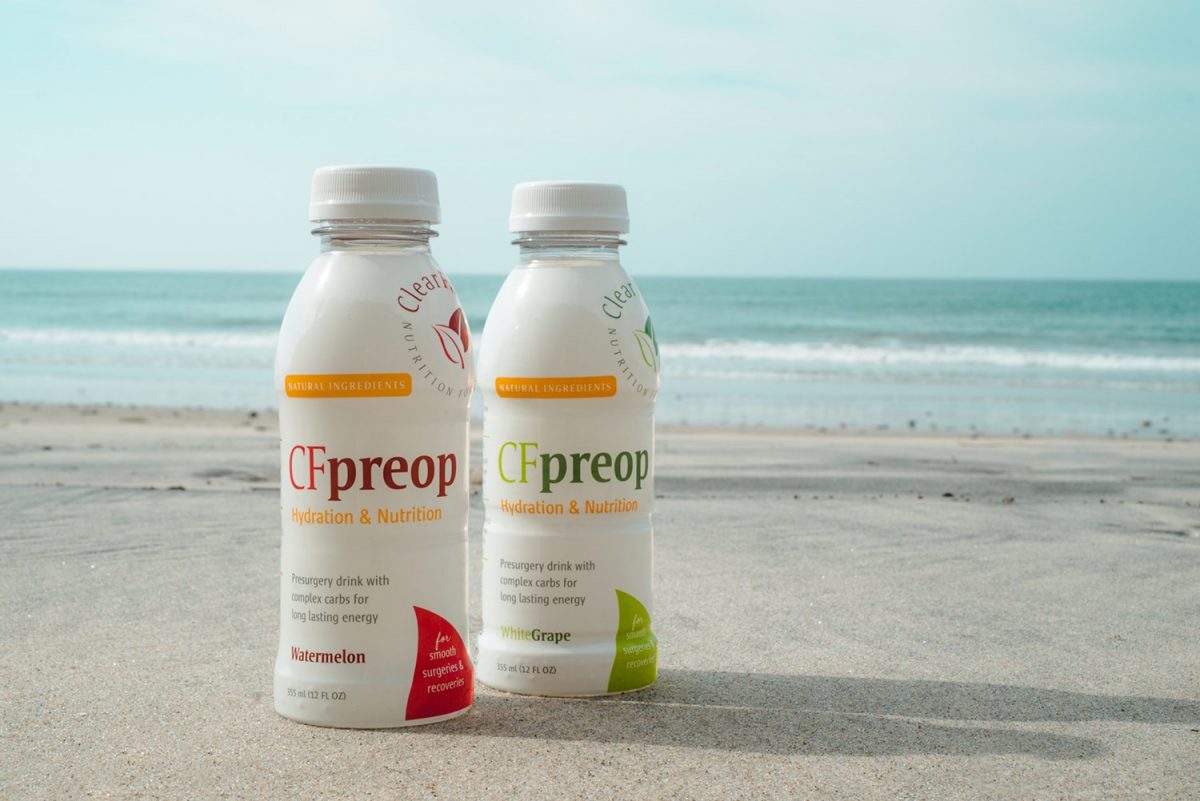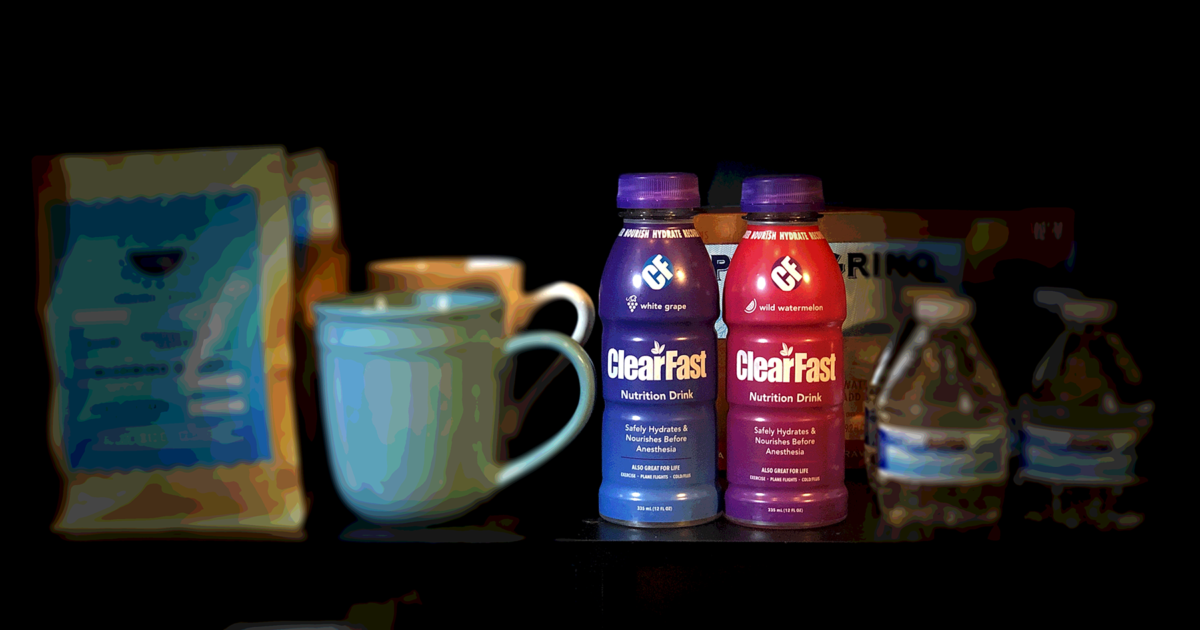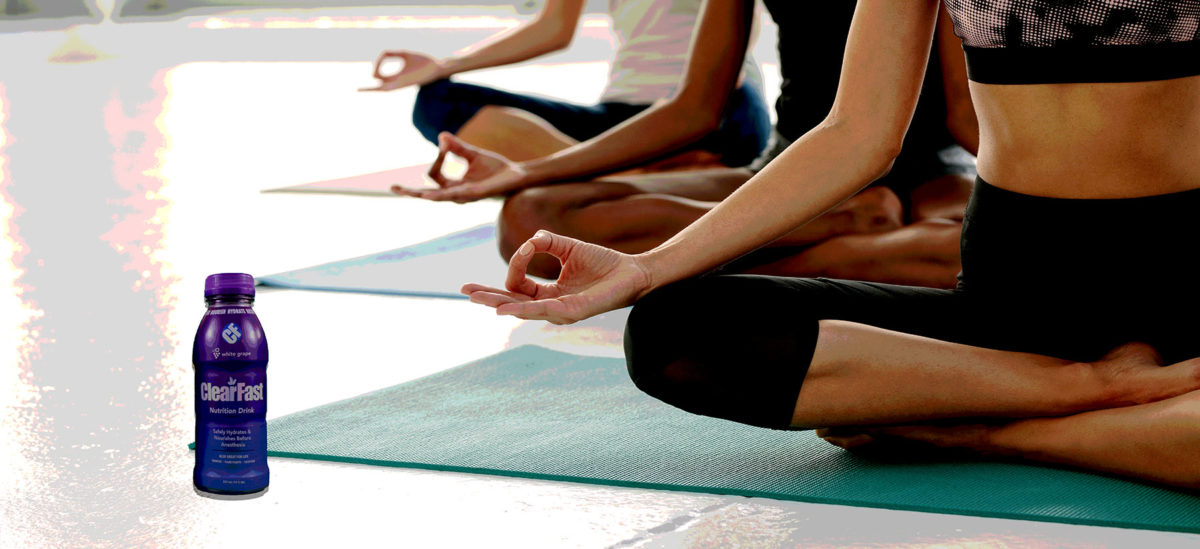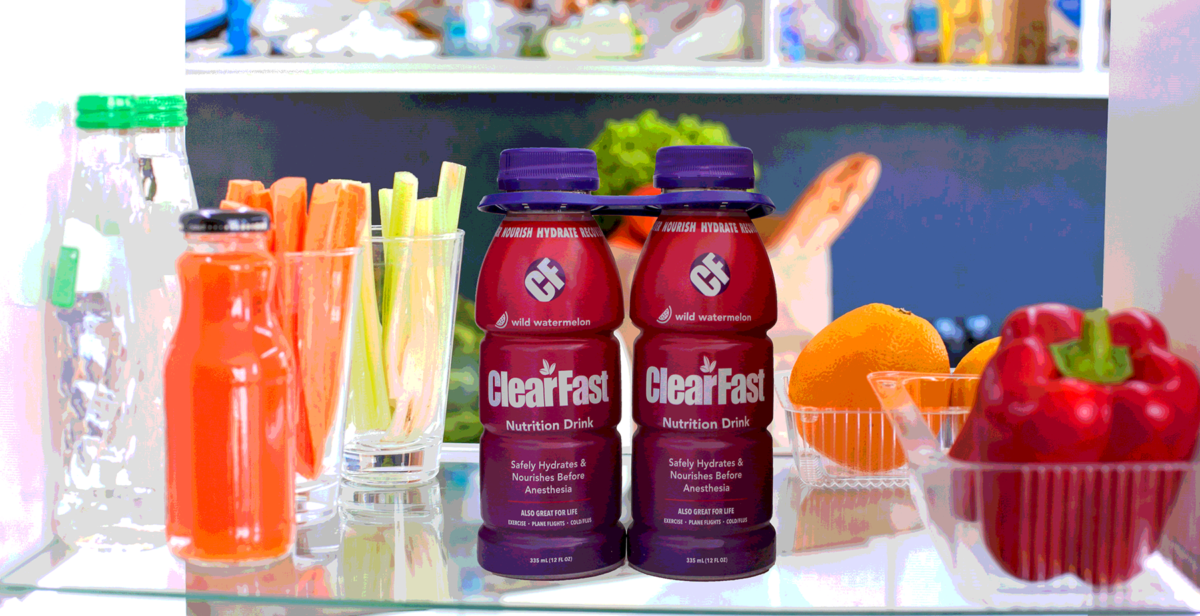Thanksgiving is a time for celebration, gratitude, and, of course, delicious food. However, it can also be a challenge to maintain healthy eating habits amidst the abundance of festive dishes. Here are five practical tips to help you enjoy a nutritious Thanksgiving while still savoring the flavors of the season.
1. Stay Hydrated with CF(Rehydrate)®
Hydration is crucial, especially during the holiday season when rich foods can lead to dehydration. Consider incorporating CF(Rehydrate)®, a clean electrolyte replacement drink designed for medical-grade hydration. Free from artificial colors, flavors, and sugars, CF(Rehydrate)® provides essential electrolytes and hydration without the harmful additives found in many sports drinks. Keeping a bottle handy can help you maintain optimal hydration levels throughout the day, ensuring you feel your best while enjoying the festivities.
2. Practice Mindful Eating
Take the time to savor each bite of your meal. Eating slowly allows you to appreciate the flavors and textures of your food, and it helps you recognize your body’s hunger and fullness cues. By putting your fork down between bites and engaging in conversation, you can enjoy your meal more fully and avoid overeating.
3. Fill Your Plate with Vegetables
Make vegetables the star of your Thanksgiving plate. Aim to fill half your plate with a variety of colorful vegetables, whether roasted, steamed, or in a salad. This not only adds essential nutrients and fiber to your meal but also helps you feel satisfied without overindulging in heavier dishes.
4. Choose Whole Grains
When it comes to side dishes, opt for whole grains like quinoa, brown rice, or whole-grain bread. These options are more nutritious than their refined counterparts and provide additional fiber, which can aid digestion and keep you feeling full longer.
5. Control Portions
It’s easy to get carried away with the abundance of food at Thanksgiving. To help manage portion sizes, consider using smaller plates or bowls. This simple trick can help you serve yourself smaller portions while still allowing you to enjoy a variety of dishes. Remember, you can always go back for seconds if you’re still hungry!
By following these tips, you can enjoy a healthy and satisfying Thanksgiving feast. Remember, the goal is to celebrate and enjoy the company of loved ones while making mindful choices that support your health. Happy Thanksgiving!









